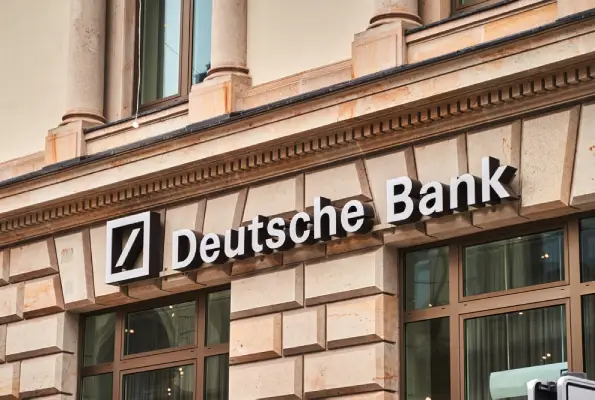According to a recent report by Deutsche Bank, Saudi Arabia’s economy is expected to grow by 3.3% in 2024, recovering from a -0.8% contraction in 2023 thanks to the oil and non-oil sectors.
“Although the carry-over effect of oil production cuts announced in mid-2023 will likely continue to weigh on growth in 2024, its negative contribution should decline,” economist Samira Kalla said.
During an interaction with Zawya, Samira Kalla stated that the “positive spillovers from increased expat entries and an improved labour market” will support domestic demand, and non-oil activity, which grew at a rate of 4% in 2023, will continue to play a major role as the government moves forward with giga-projects.
Large investments intended to diversify the economy should continue to support growth over the medium term. The public sector (particularly the Public Investment Fund) and the private sector will contribute more to the investments made in addition to those funded by the government budget.
According to Deutsche Bank, this includes the government’s intentions to target private investments of USD 80 billion in tourism and PIF’s plans to make investments in the semiconductor and space industries.
According to the report, the oil industry continues to significantly contribute to economic growth. It states that the oil sector faces risks related to the potential unwinding of production cuts and large excess capacity. However, the Kingdom’s position in the global energy transition will be strengthened by its relatively low-cost and low-carbon intensity production.
The primary risk to the bank’s outlook is geopolitical, even though the possibility of spillover from the Red Sea into the Kingdom is mostly mitigated because the Houthis are not targeting Saudi vessels. After all, Saudi Arabia does not support the United States’ attacks on the Red Sea.
It is anticipated that inflation in 2024 will stay low at about 2% (compared to 2.4% in 2023), helped by generally stable food and commodity prices, as well as the execution of the Royal Directive, which sets a local price cap for gasoline.



